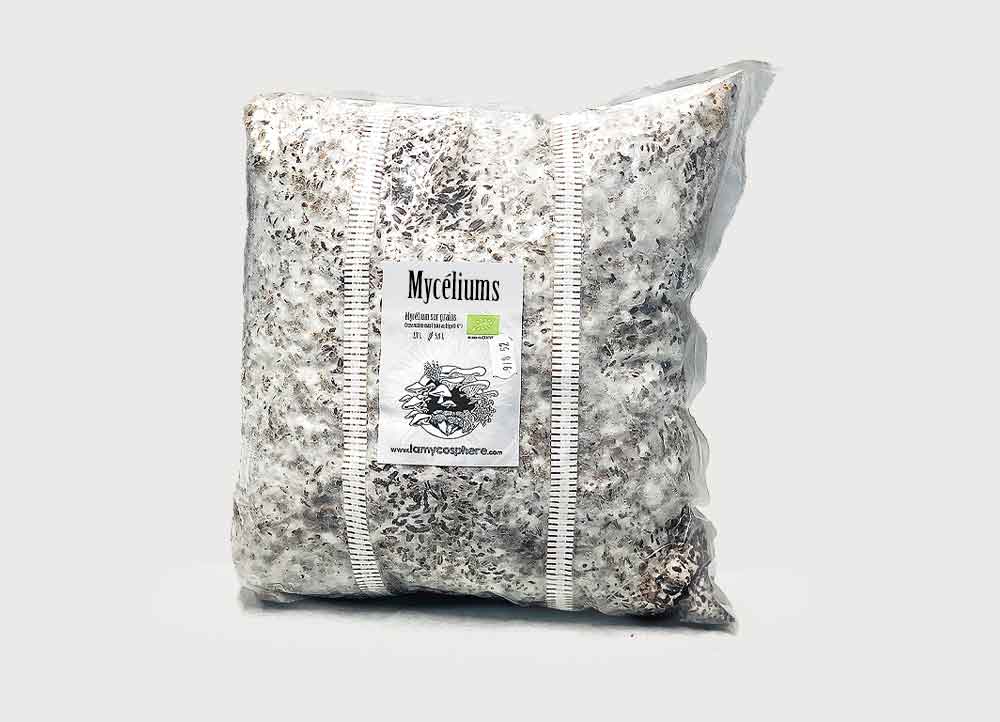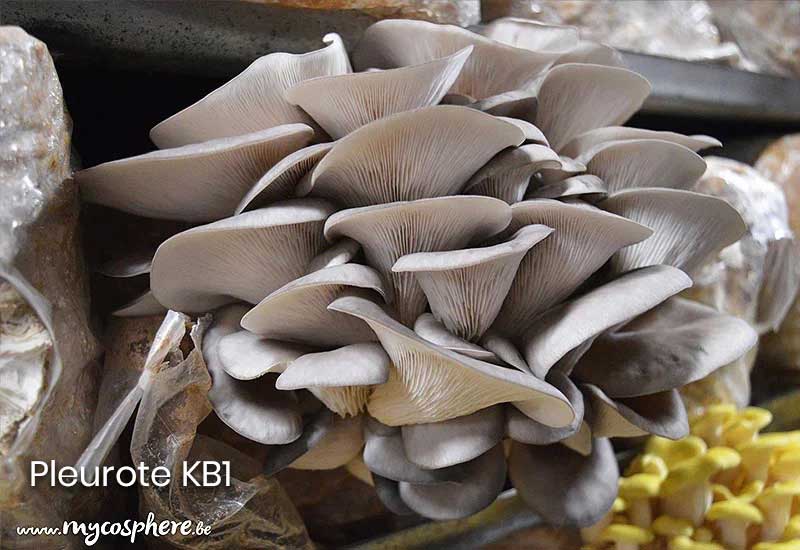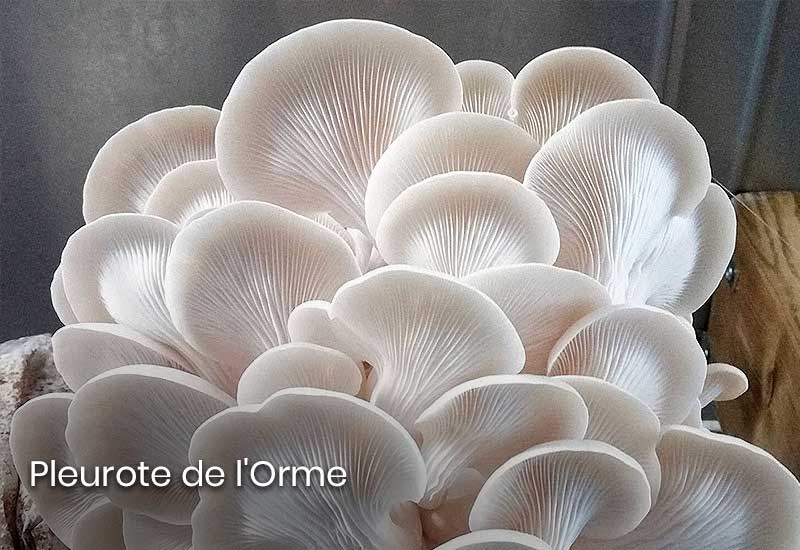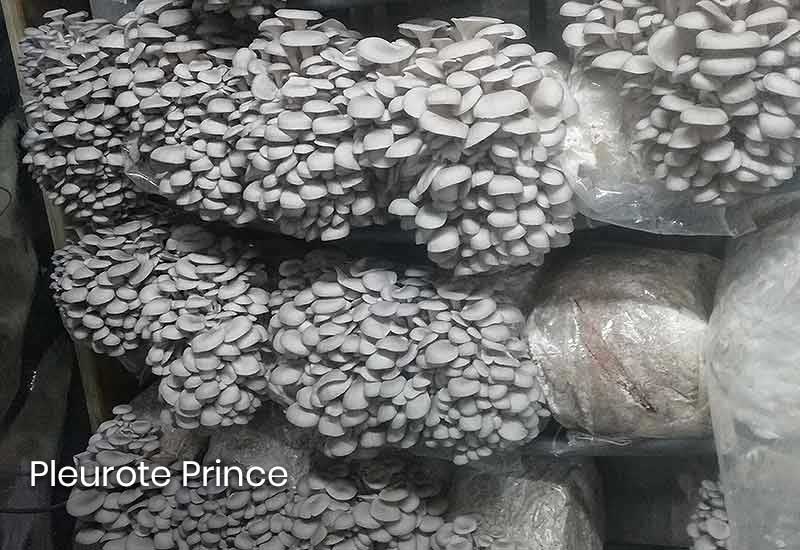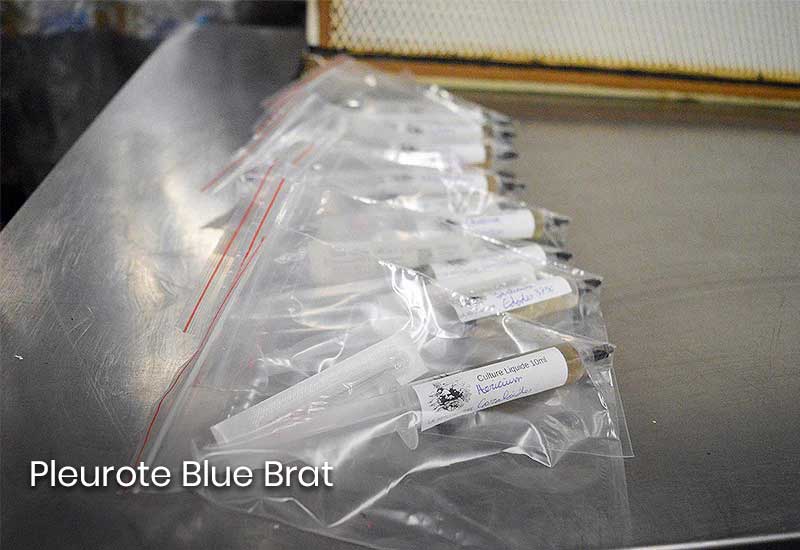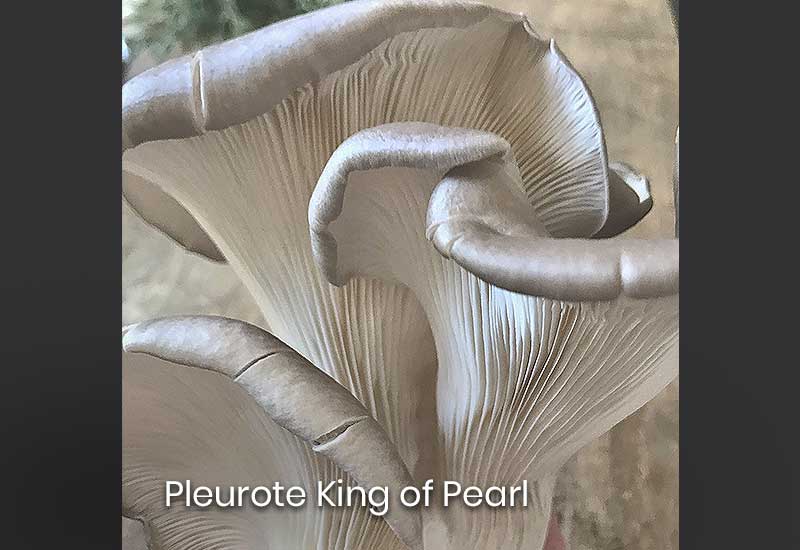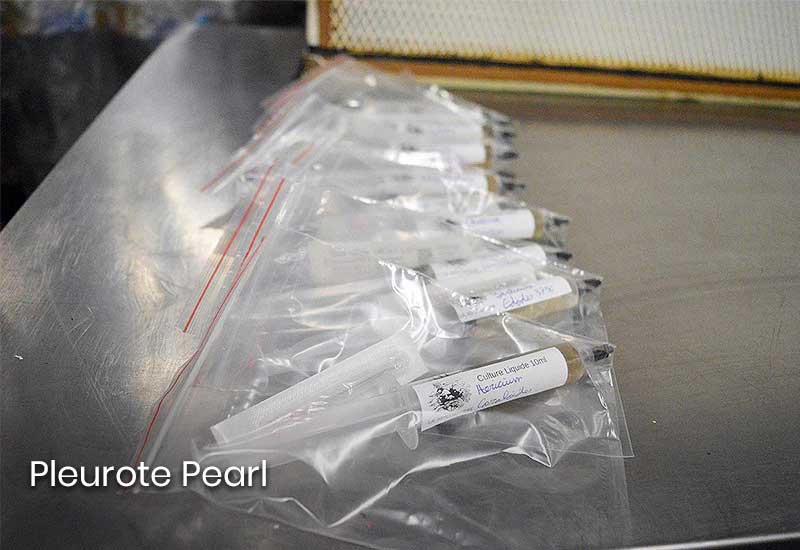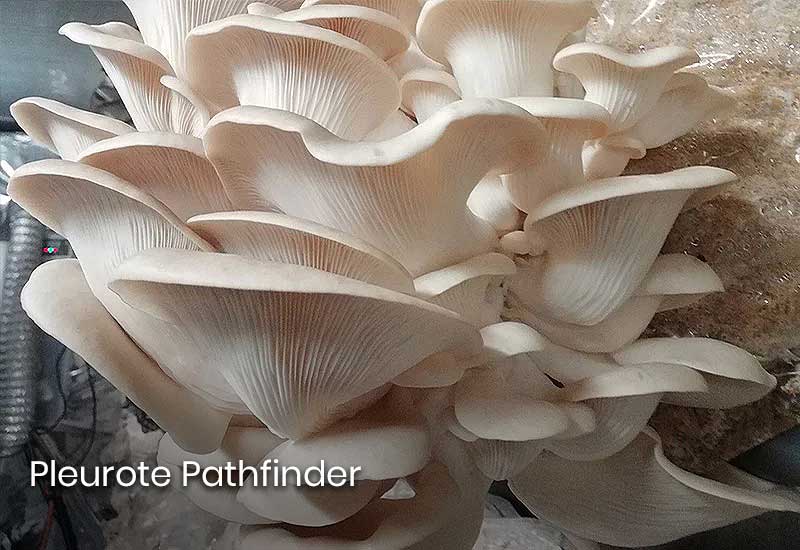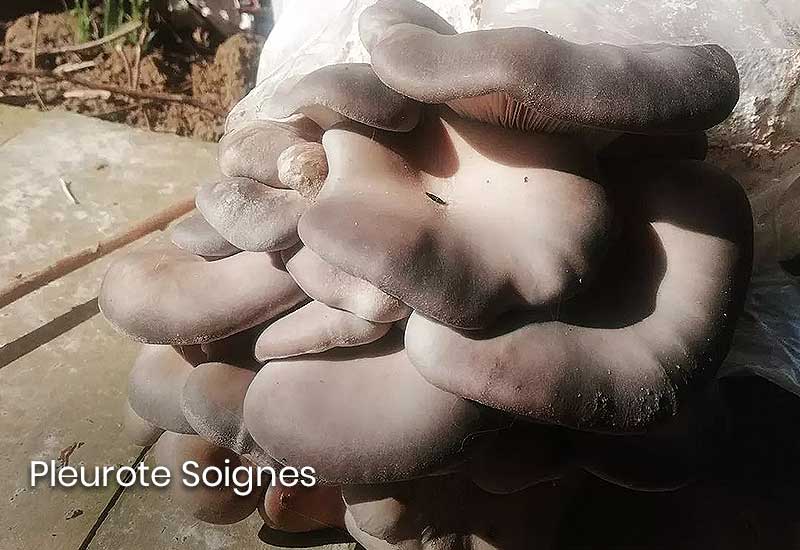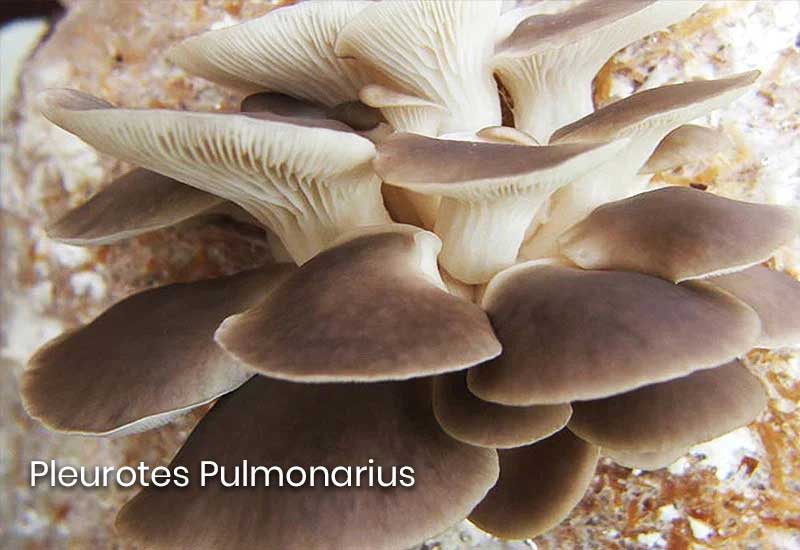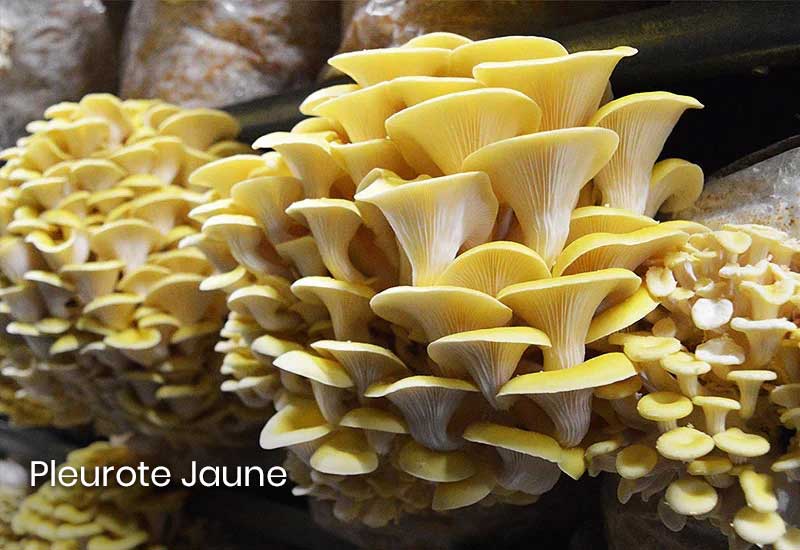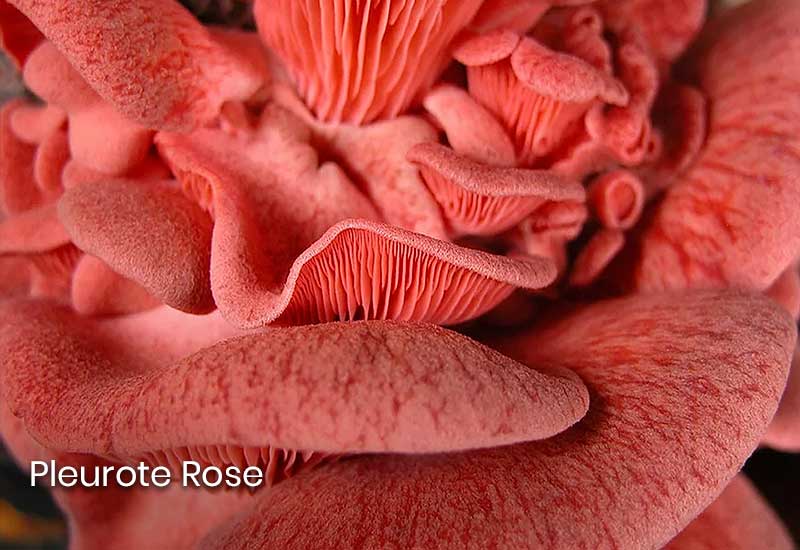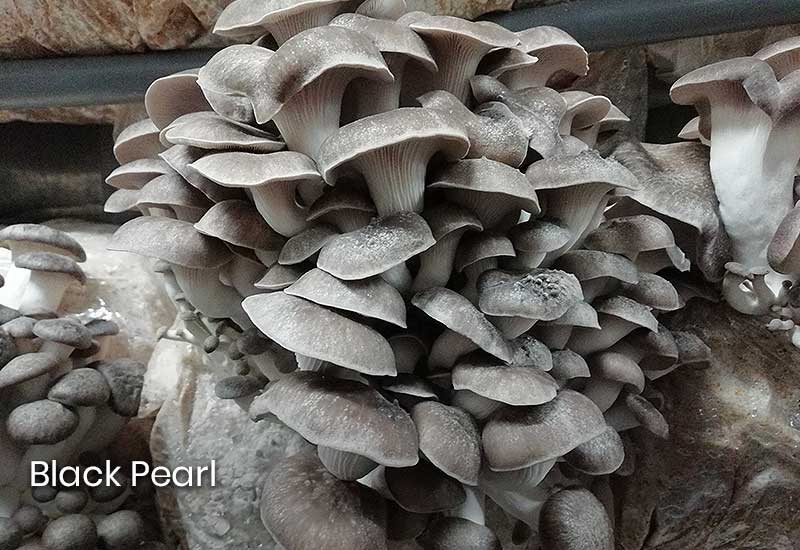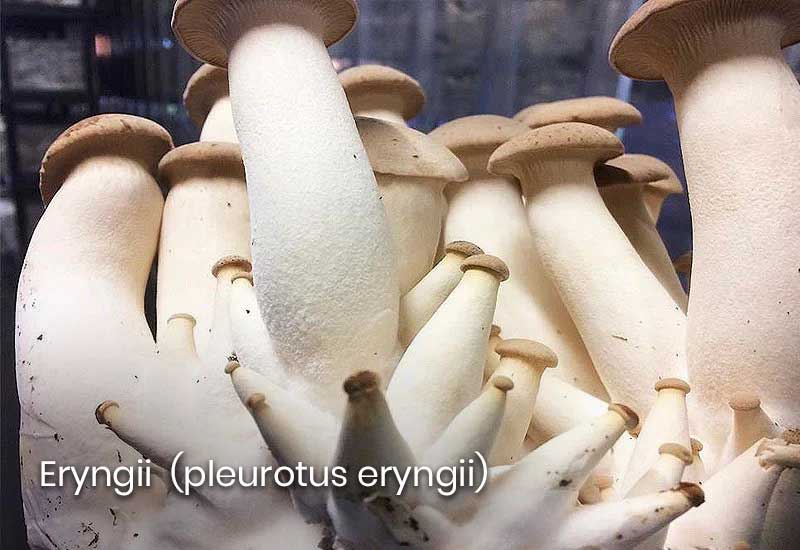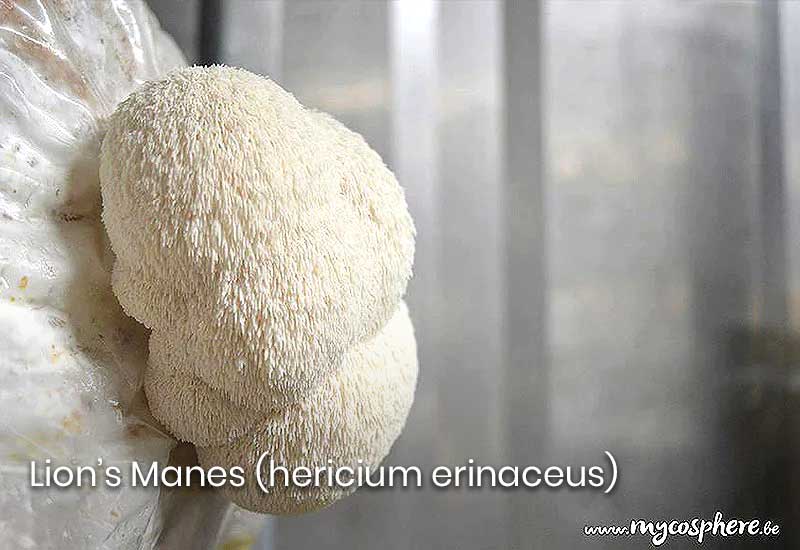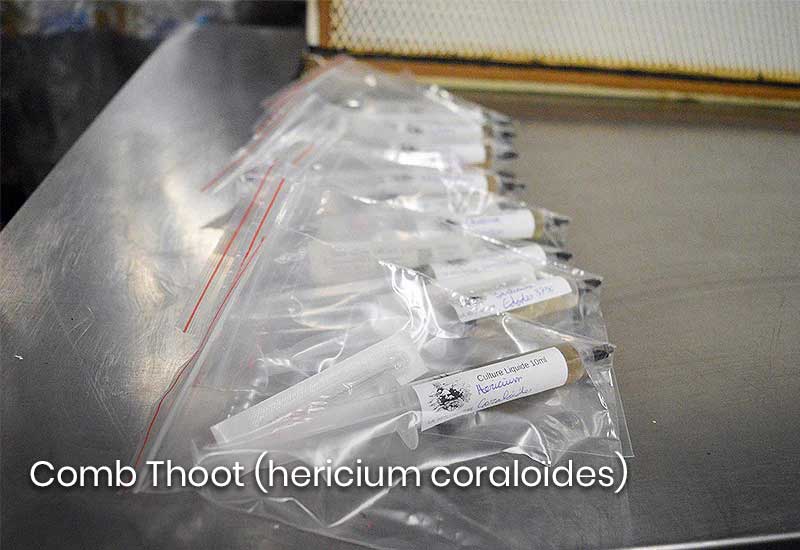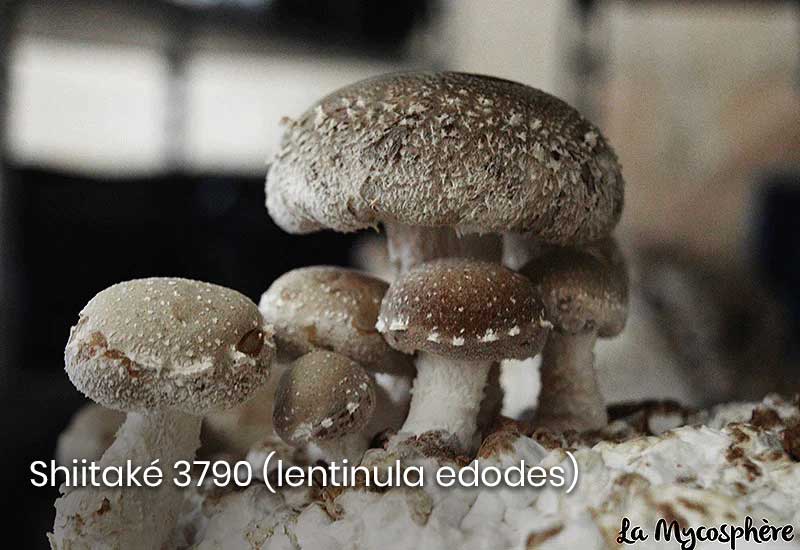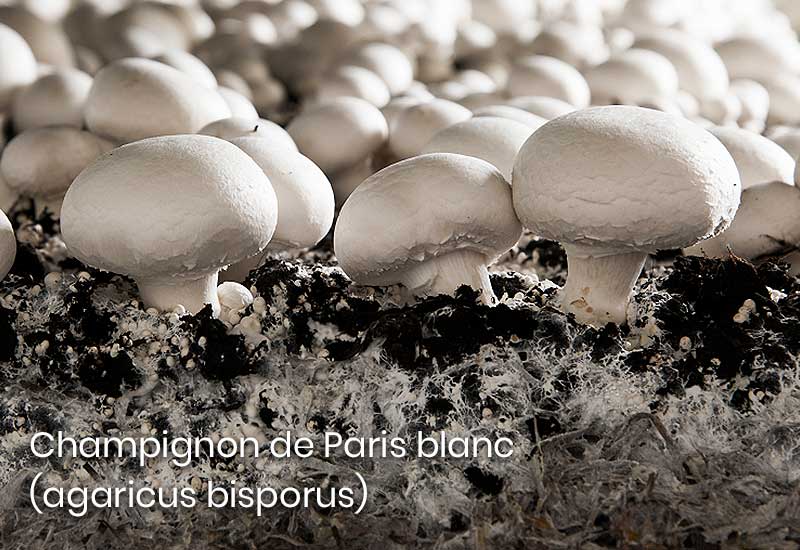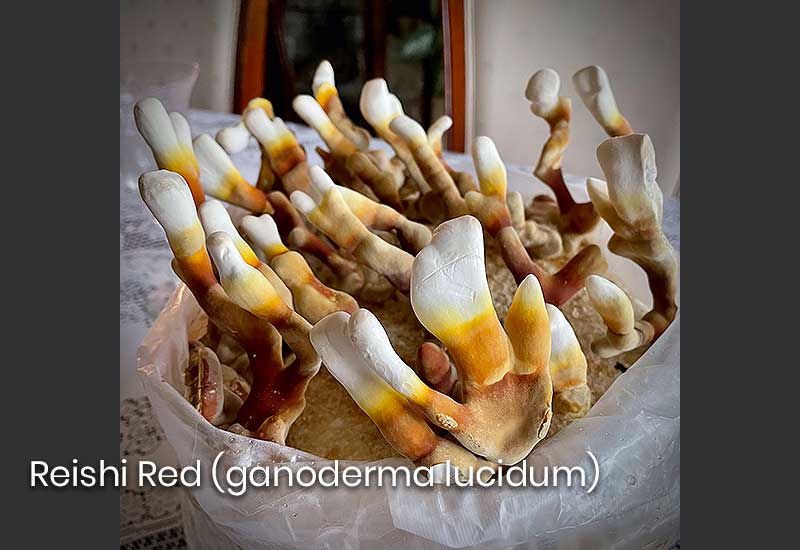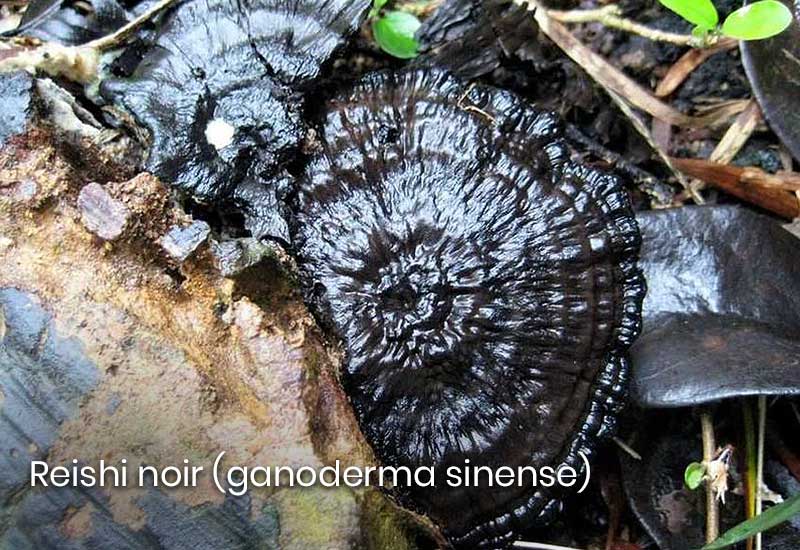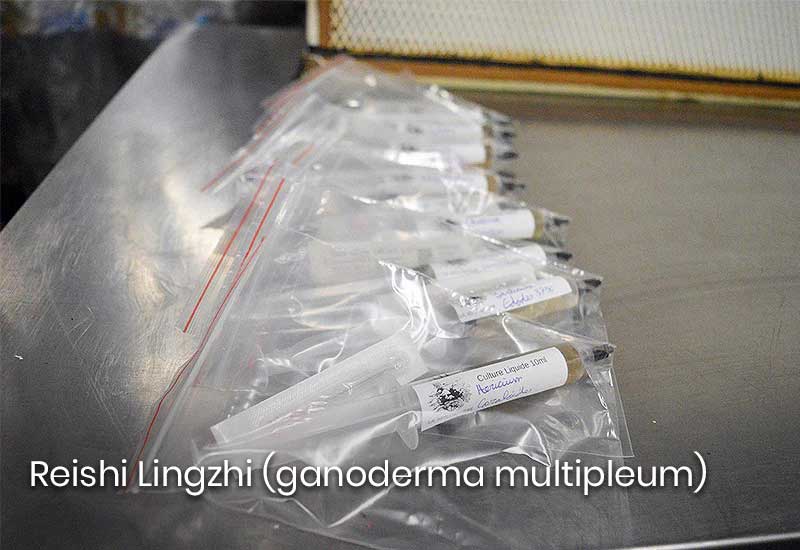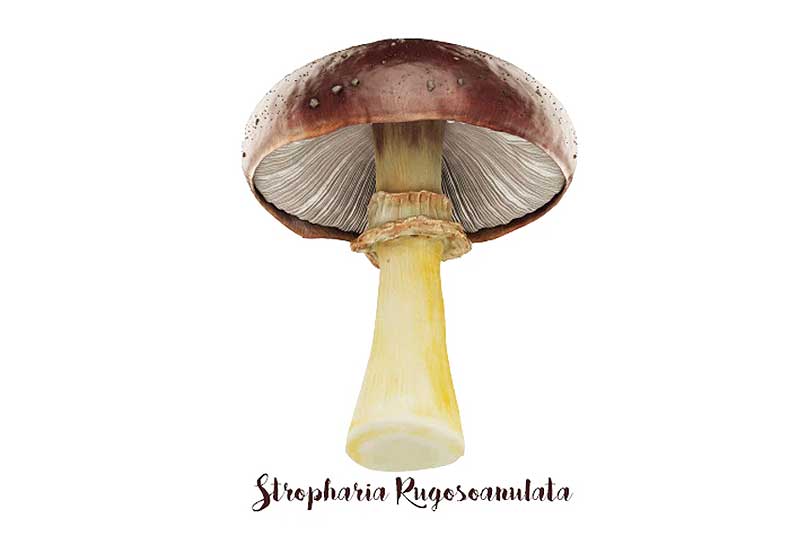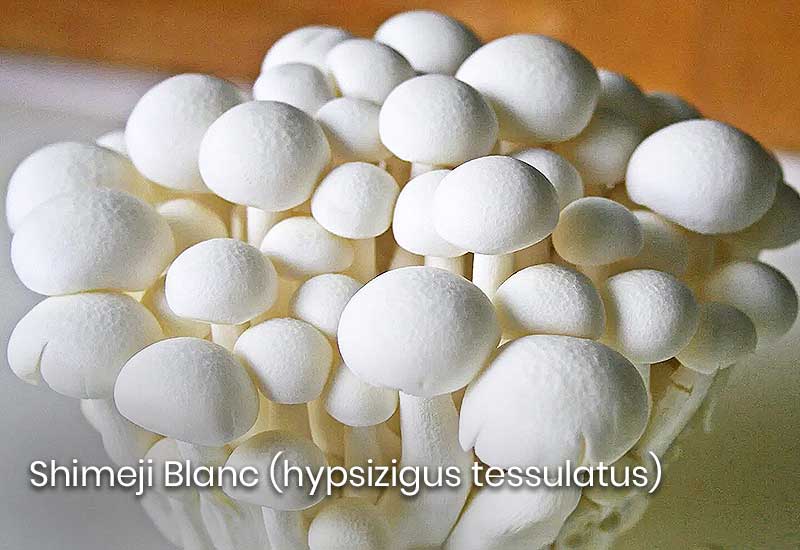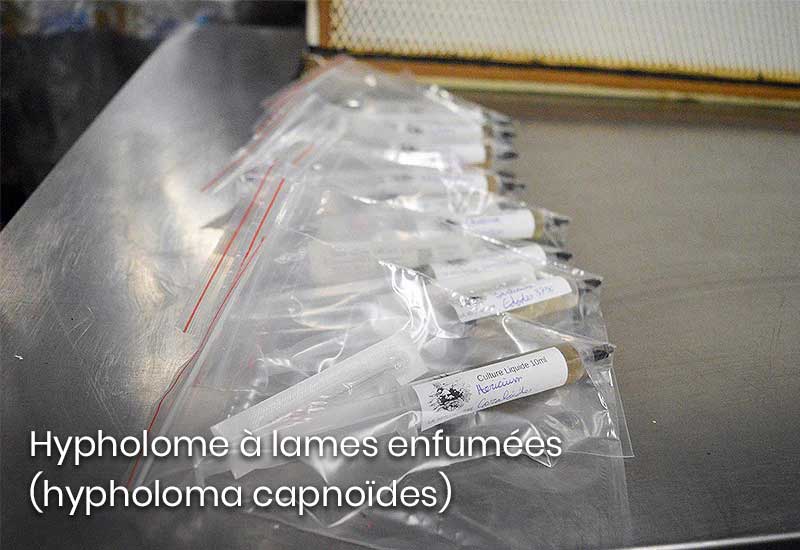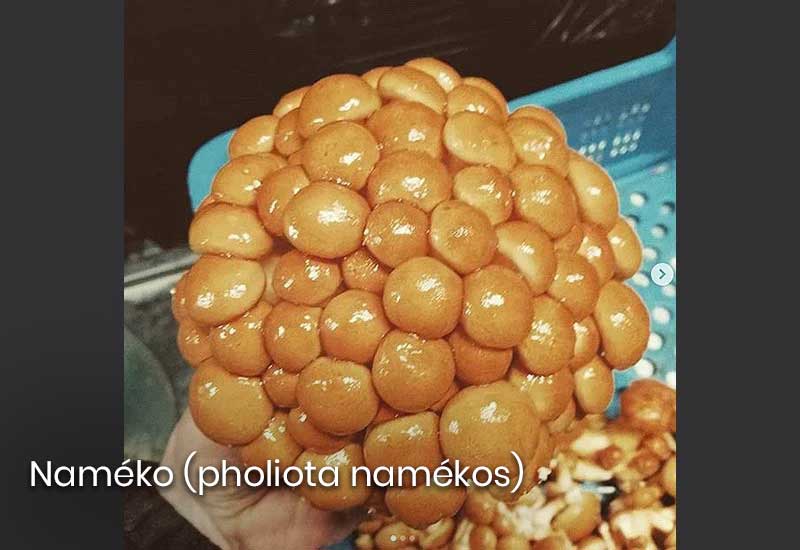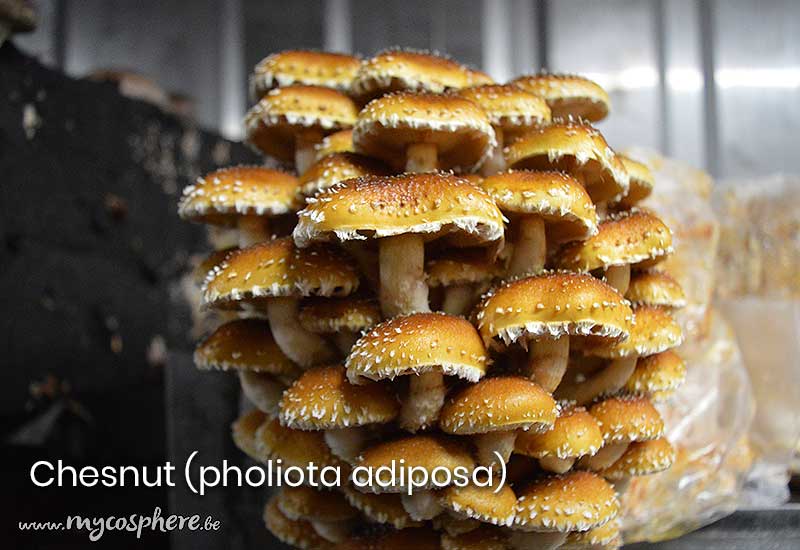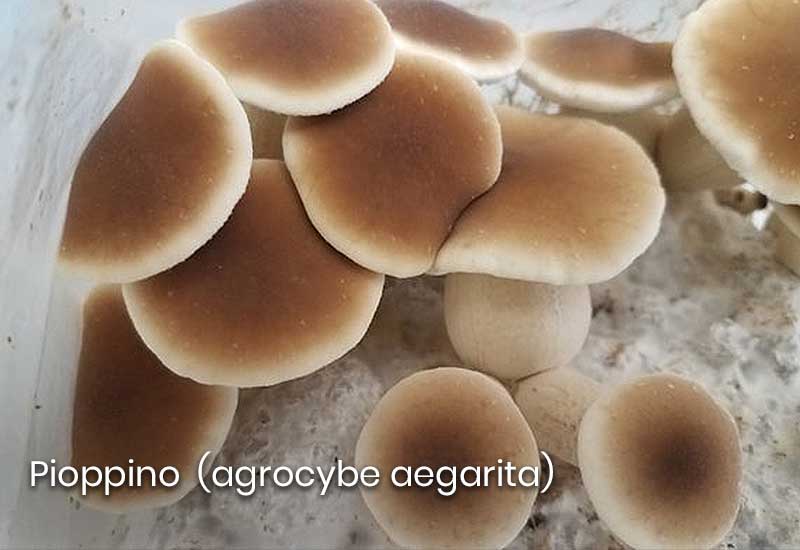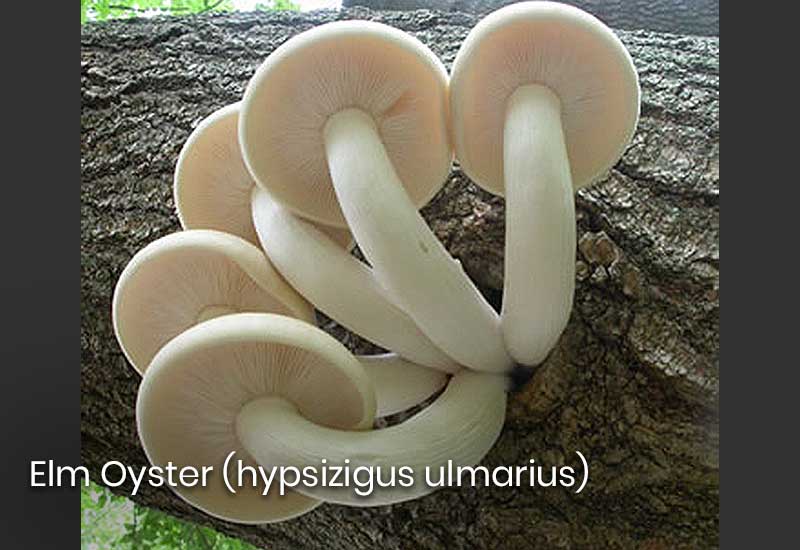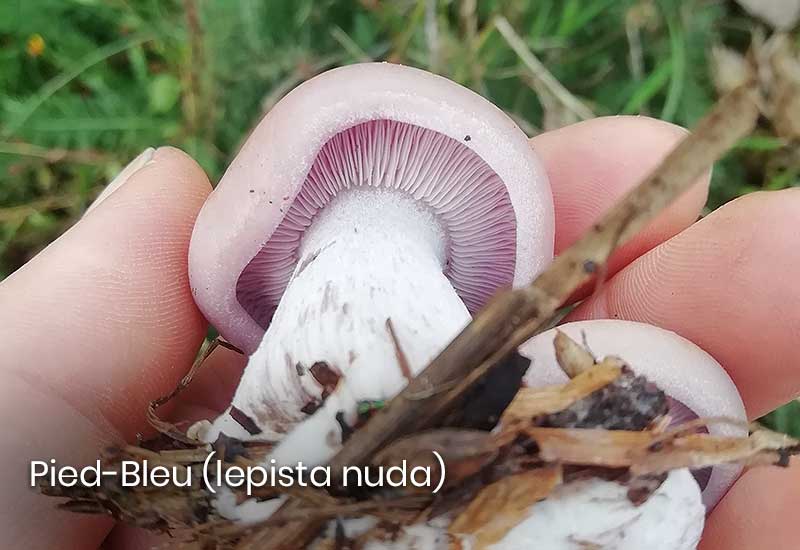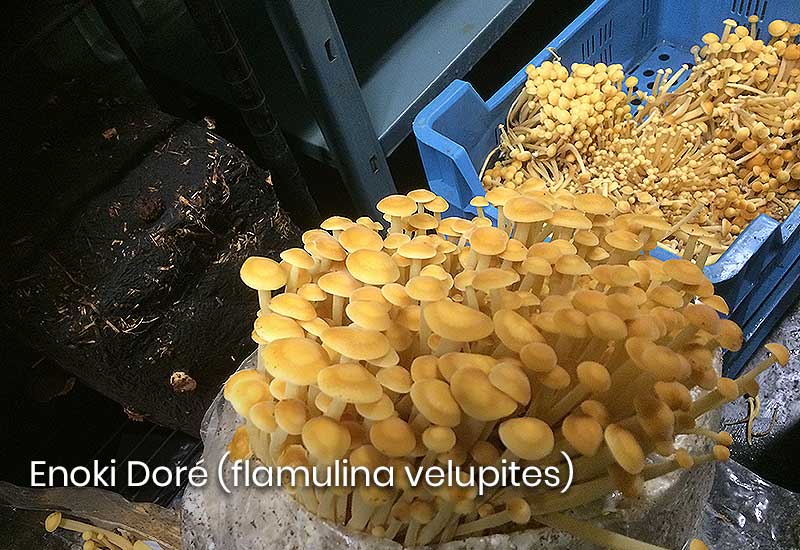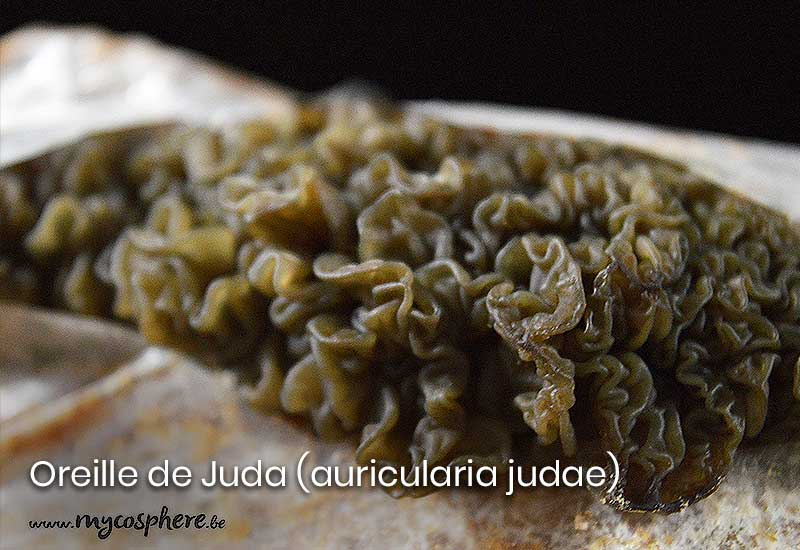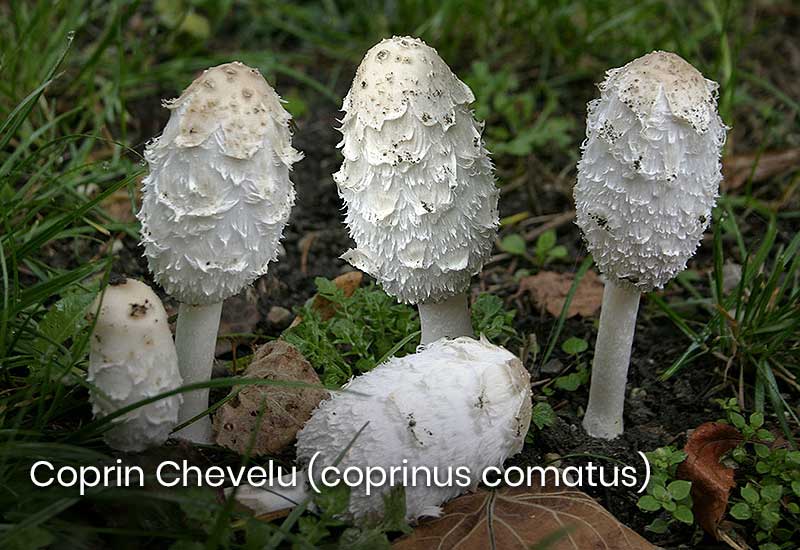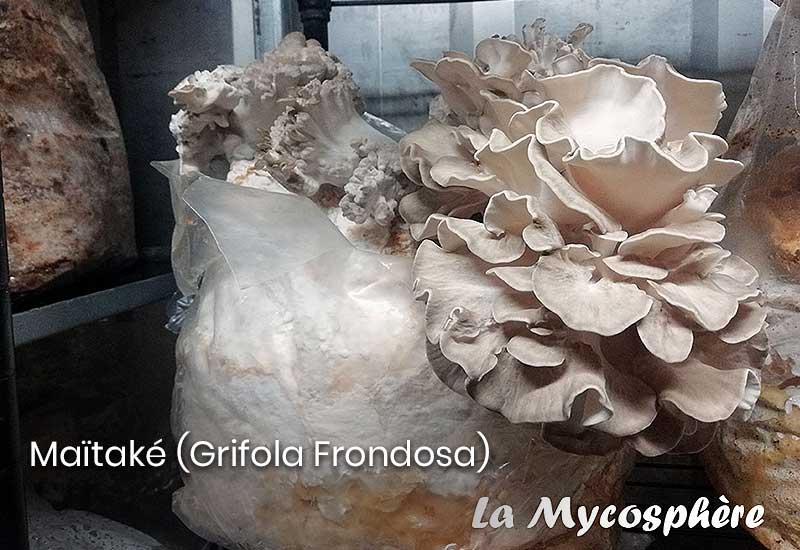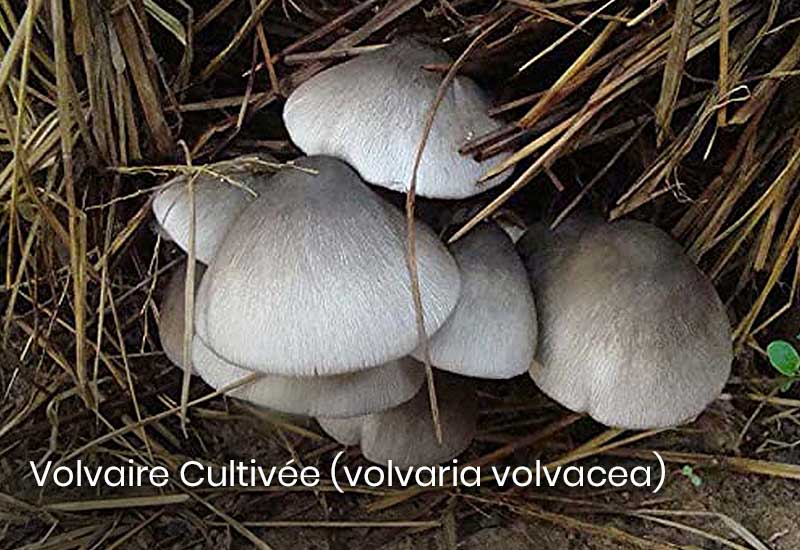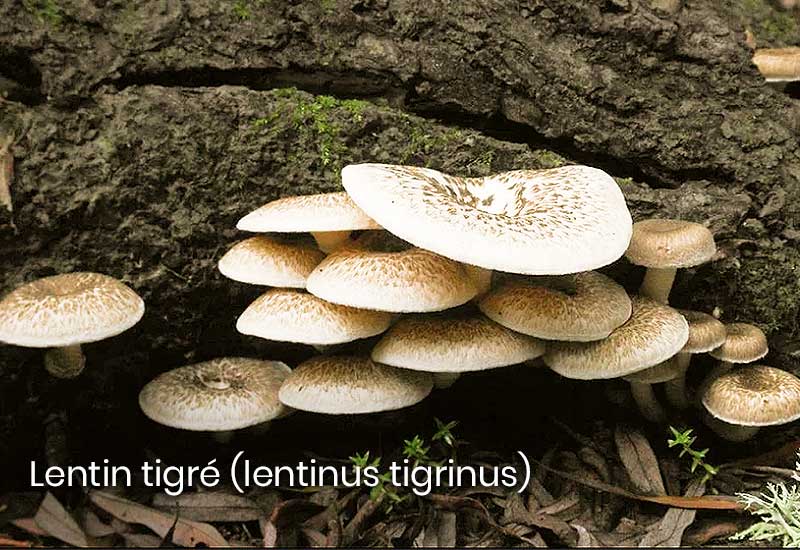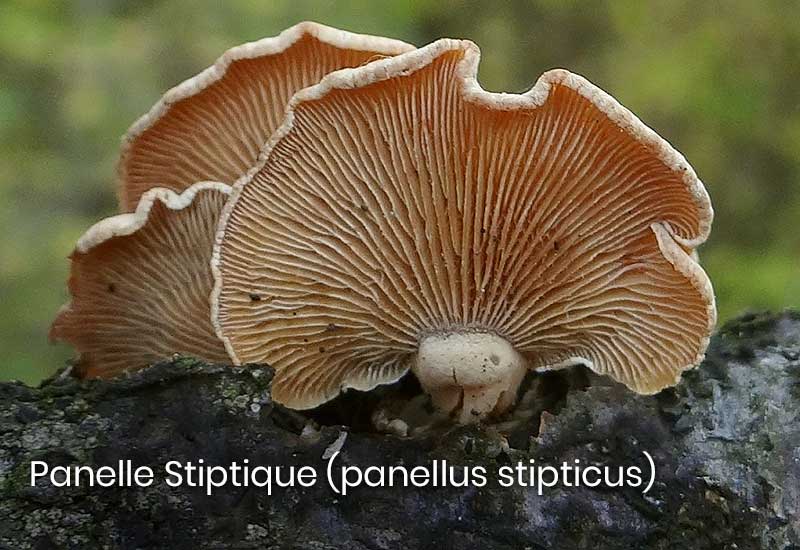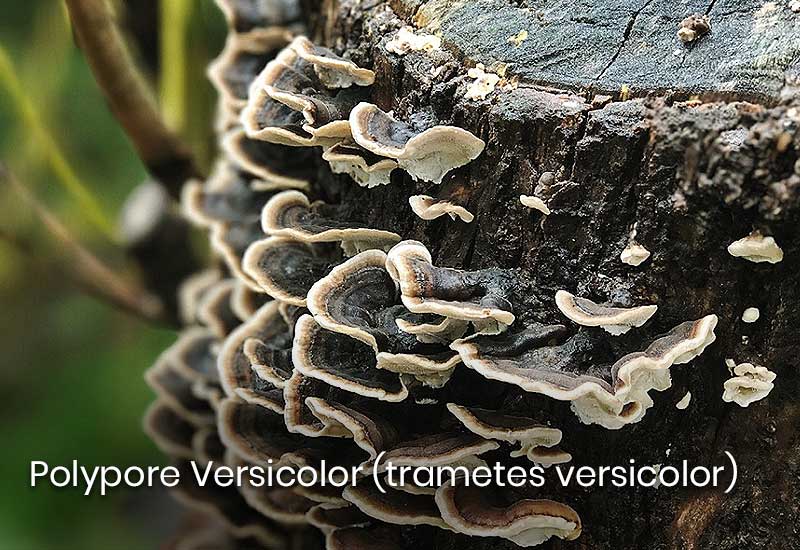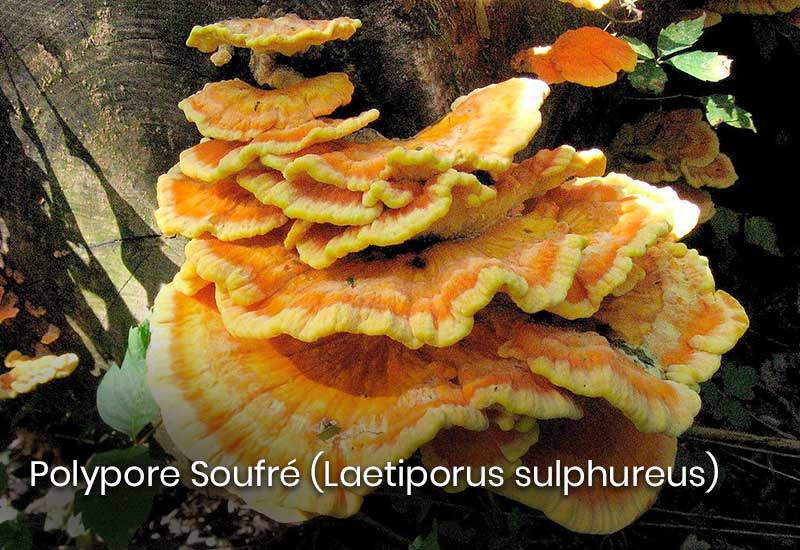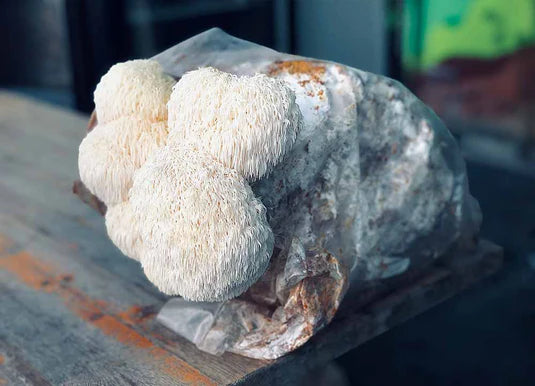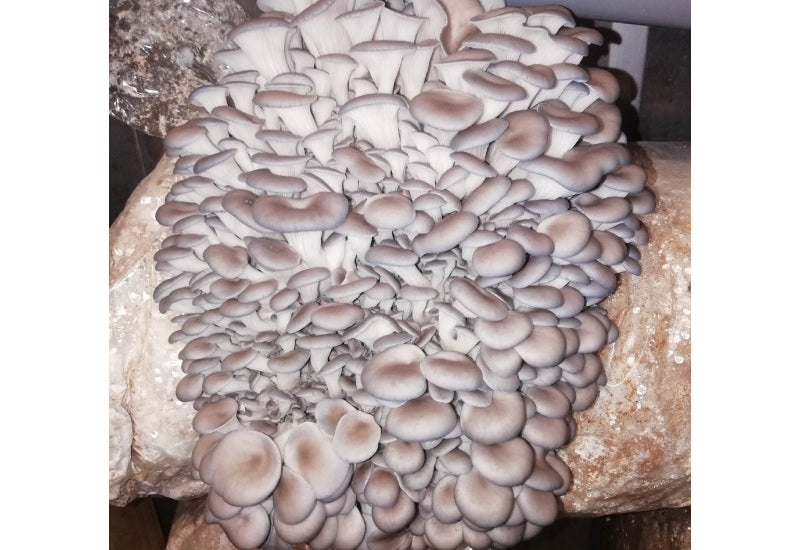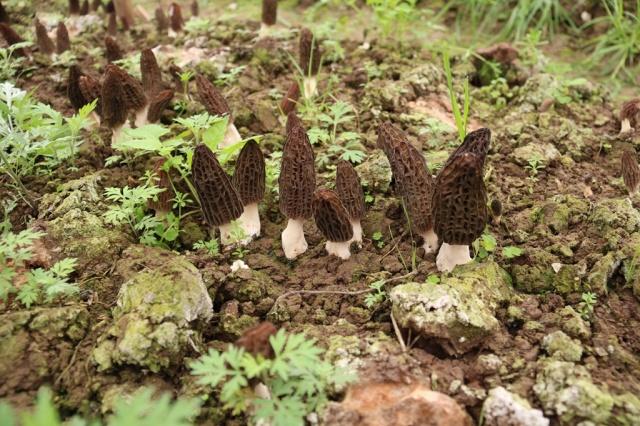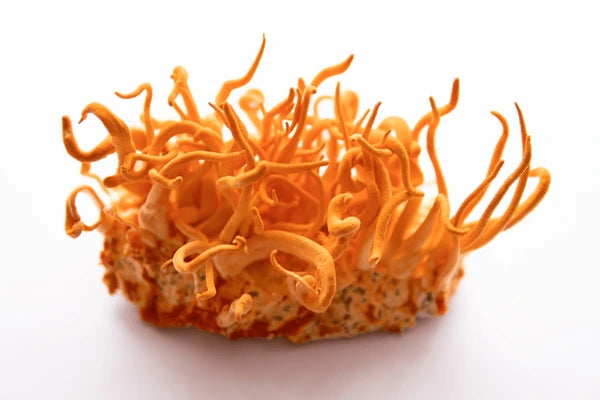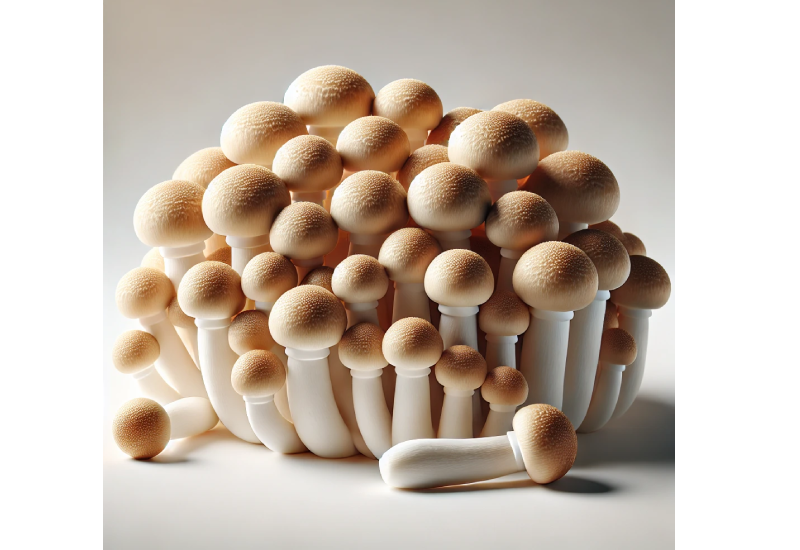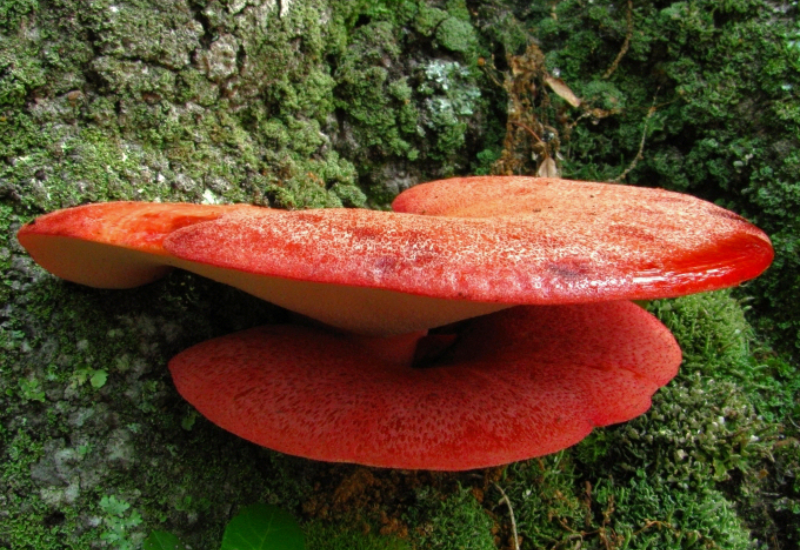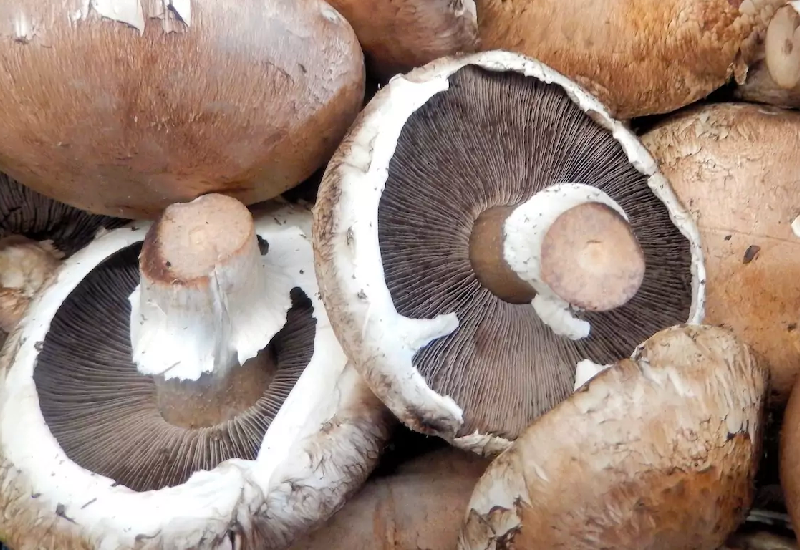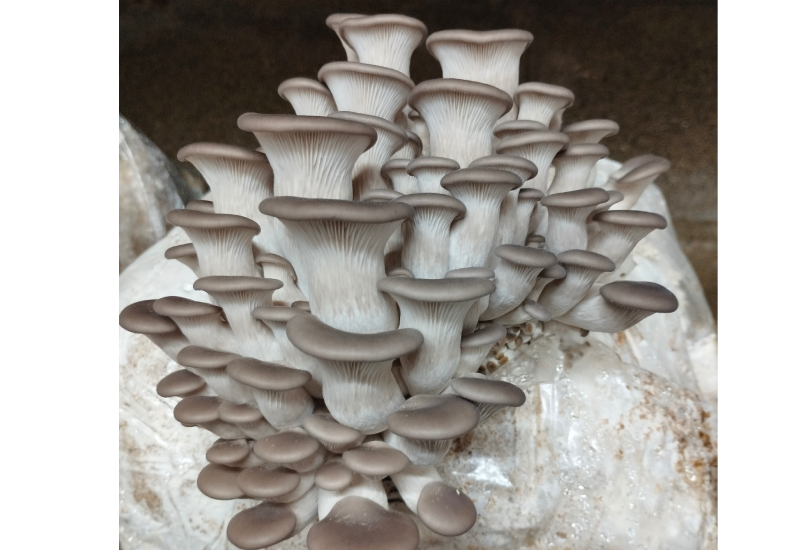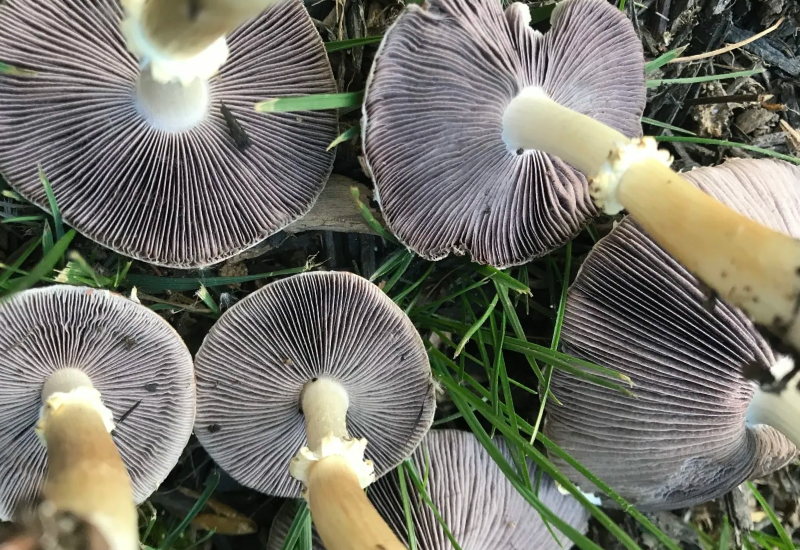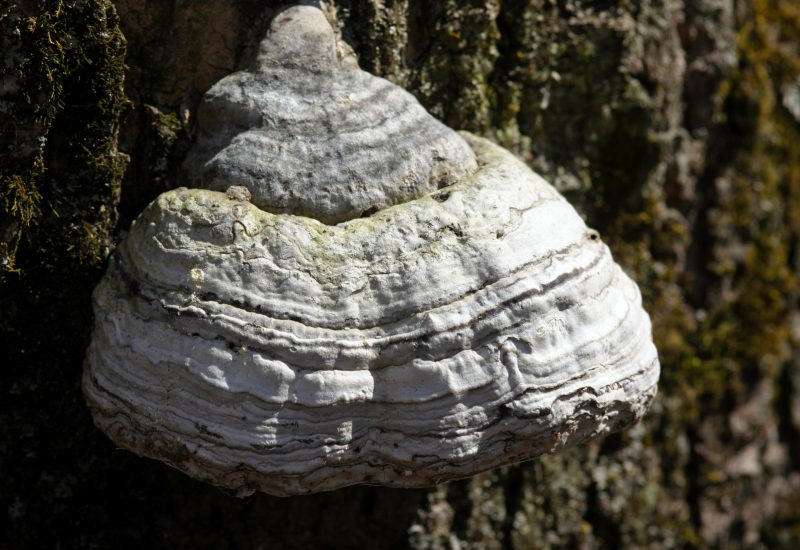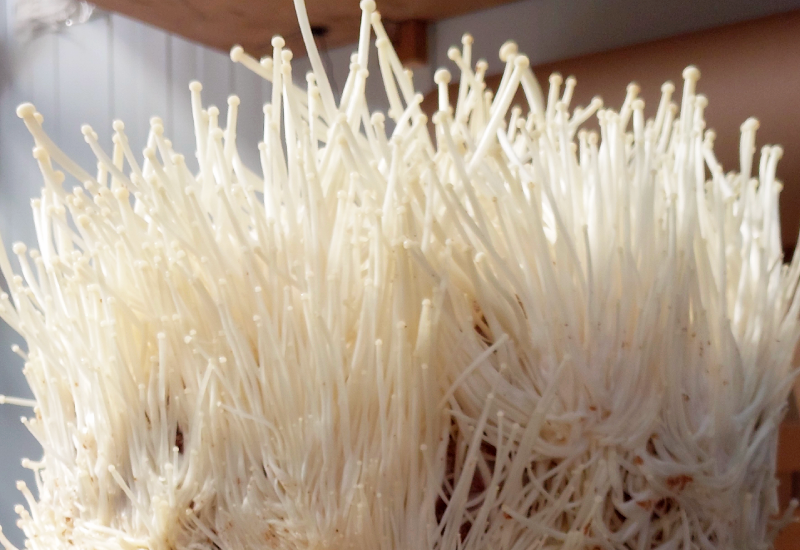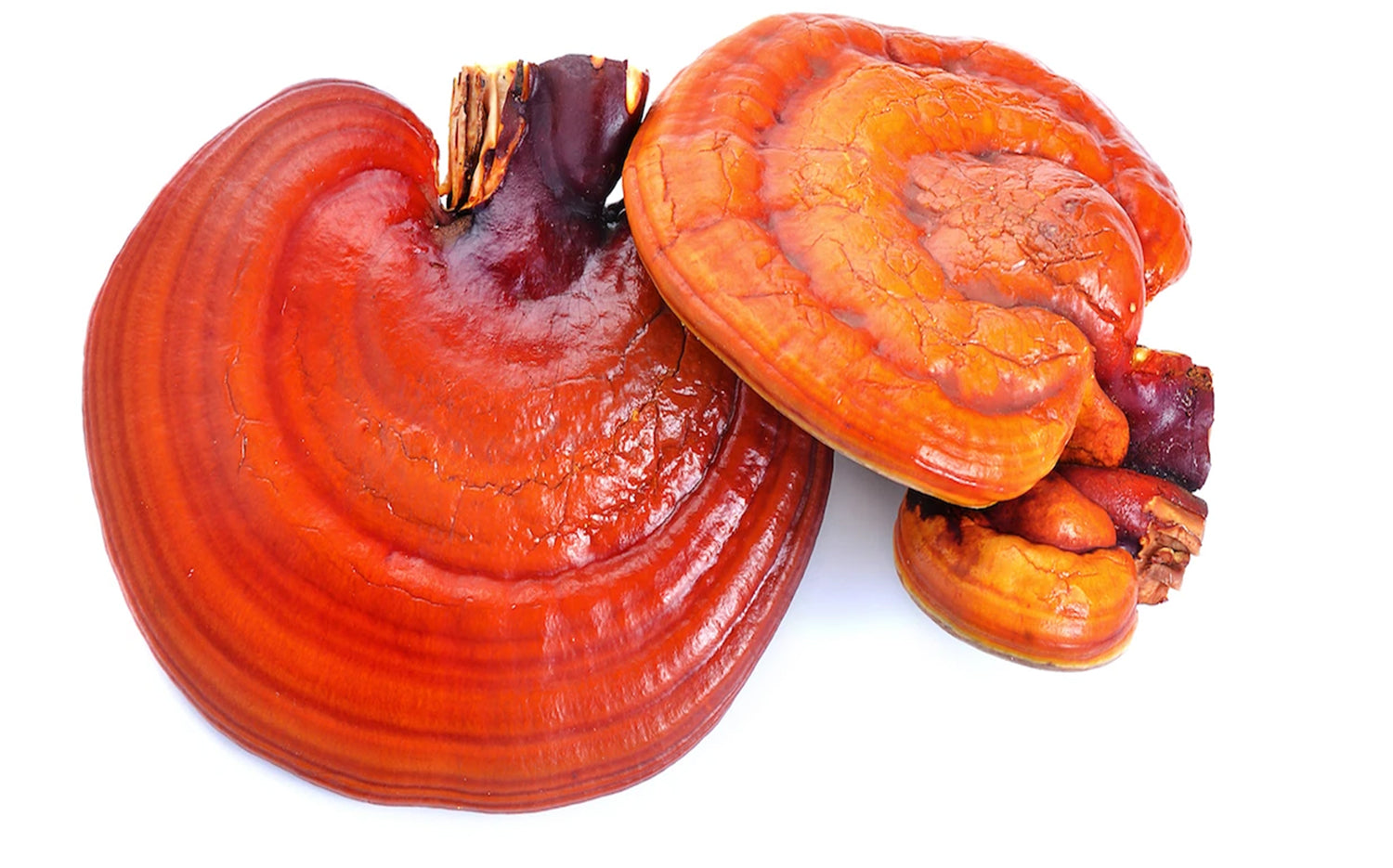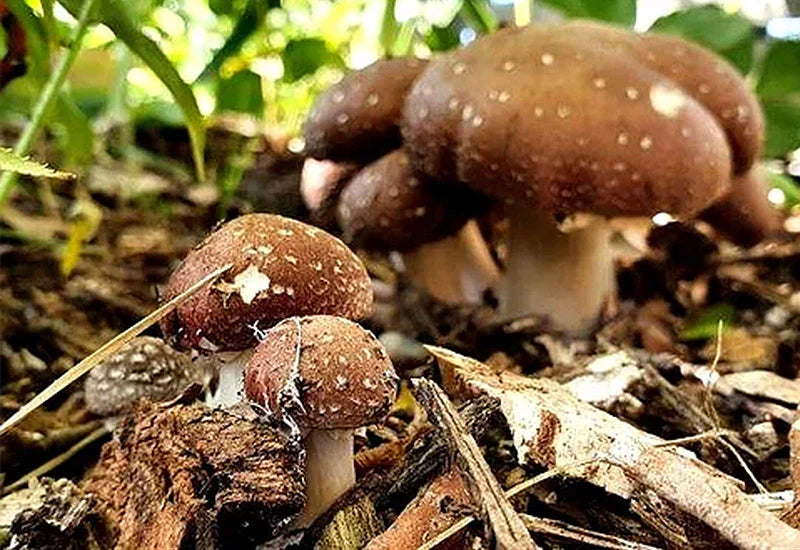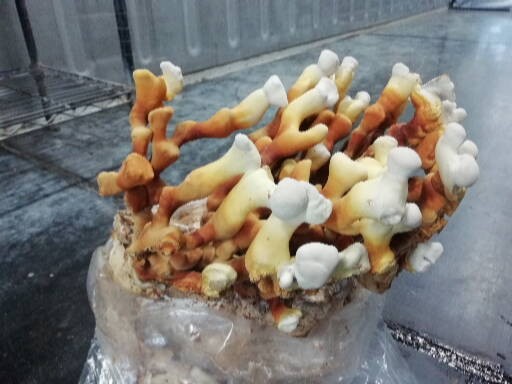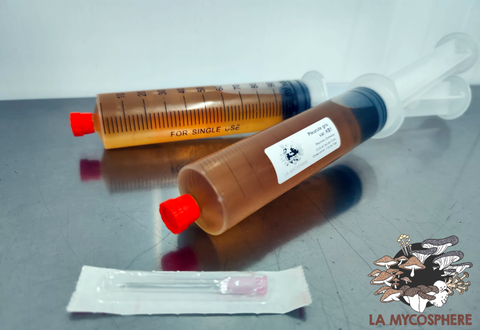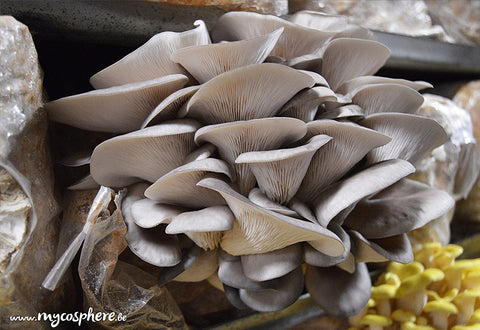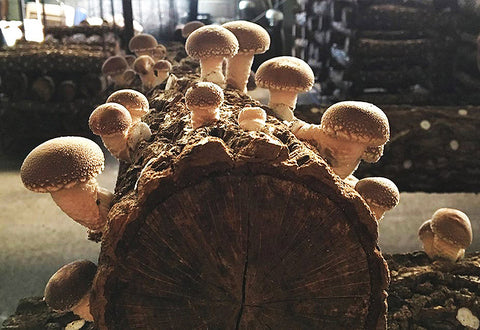Organic Grain Mycelium
- 🌱 MYCELIUM ON GRAINS : Discover our selection of mycelium on grains.
- ✅ ORGANIC PRODUCTION : Certified "BE-BIO-01" by Certisys, our mycelium is produced according to strict standards.
- ⏳ PRODUCTION ON DEMAND : Our grains are prepared only on order, with a production time of about 3 weeks.
- 🍄 VERSATILE USE : Ideal for inoculating substrates.
The main varieties of myceliums are available in the site menu. Here you will find all our other varieties of myceliums available on grains. These myceliums are generally produced to order and are not available in stock. Therefore, a production time of about 3 weeks must be planned.
We select our varieties for their vigor and productivity. Our grain myceliums are ideal for substrate inoculation, ensuring optimal and homogeneous colonization.
Note: Production times are given as an indication. They can sometimes be longer depending on the varieties, order volume, and the number of orders in progress.
Oysters (Pleurotus spp.)
- KB1 Oyster – Wide caps, thick but tender stems. Very good productivity, good preservation and flavor.
- Elm Oyster – Rustic strain of white oyster. Fast growth and good productivity.
- Florida Oyster – Resists heat well. Caps 3–5 cm, color varies with temperature.
- Prince Oyster – Small silver caps, thin stems. Good yield and good preservation.
- Lung Oyster – Fast and adaptable variety, growth from 10°C to 25°C.
- Blue Brat Oyster – Small silvery gray caps. Hardy and fast developing.
- King of Pearl Oyster – Beige-gray caps, aggressive strain, average yield.
- Pearl Oyster – Small beige caps. Good adaptation to variable temperatures.
- Pathfinder Oyster – Large beige fruits, almond taste, tender stems.
- Soignes Oyster – Mycosphere selection. Very good taste, thick stems, little fibrous flesh.
- Mustang Oyster – Winter oyster, requires a cold shock. Good productivity.
- Yellow Oyster – Bright yellow, aniseed taste. To be harvested young, likes heat and light.
- Pink Oyster – Very decorative, fast growth. Short preservation.
- Black Pearl – Hybrid between oyster and eryngii. Thick flesh, good commercial potential.
- Eryngii – King oyster. Thick and fleshy stem, highly appreciated taste.
Hericiums
- Lion’s Mane "PomPom" – Hericium erinaceus. Dense form, very good yield, seafood taste.
- Comb Tooth – Hericium coralloides. Branched fruiting, delicate and rare.
Edible and medicinal mushrooms
- White Button Mushroom – Agaricus bisporus. The classic cultivated mushroom.
- Shiitake 3790 – Commercial variety, very good fruiting quality.
- Shiitake 3782 – Suitable for pasteurized straw-based substrates.
- Red Reishi – Ganoderma lucidum. Used in traditional medicine for its immunostimulant properties.
- Black Reishi – Ganoderma sinense. Milder flavor, interesting medicinal profile.
- Lingzhi / Antlers Reishi – Ganoderma multipileum. Original branched forms, highly sought after.
- Wine Cap Stropharia – Stropharia rugosoannulata. Very good mushroom for mulch cultures.
- Yellow Stropharia – Bright variety, cultivable like the wine cap.
- White / Buna Shimeji – Hypsizygus tessulatus. Small crunchy mushroom, hazelnut flavor.
- Elm Oyster – Hypsizygus ulmarius. Large pleurotoid, easy culture.
- Turkey Tail – Trametes versicolor. Medicinal polypore, rich in polysaccharides.
- Smoky-gilled Hypholoma – Hypholoma capnoides. Small forest mushroom with a mild taste.
- Nameko – Pholiota nameko. Gelatinous appearance, very popular in Japan.
- Chestnut – Pholiota adiposa. Golden brown caps, hazelnut taste.
- Pioppino – Agrocybe aegerita. Long stem, brown cap, intense taste.
- Wood Blewit – Lepista nuda. Purple color, floral scent, winter harvest.
- Golden / White Enoki – Flammulina spp. Very elongated, crunchy texture, good raw or cooked.
- Judas' Ear – Auricularia judae. Gelatinous texture, Asian medicinal use.
- Shaggy Ink Cap – Coprinus comatus. To be harvested young, delicate and tasty.
- Maitake – Grifola frondosa. Cluster fruiting, highly prized in cooking and medicine.
- Volvariella – Volvariella volvacea. Tropical mushroom, cultivated in Asia.
- Tiger Lentin – Lentinus tigrinus. Decorated cap, firm texture.
- Stiptic Panellus – Panellus stipticus. Bioluminescent mushroom, rare.
- Turkey Tail Polypore – Trametes versicolor. Well known for its medicinal properties.
- Sulfur Polypore – Laetiporus sulphureus. Bright yellow cap, tangy taste, grows on logs.
- False Tinder Fungus – Fomes fomentarius. Not edible, but traditionally used for tinder.
- Black Morel – Morchella elata. French strain, highly sought after for gastronomy.

